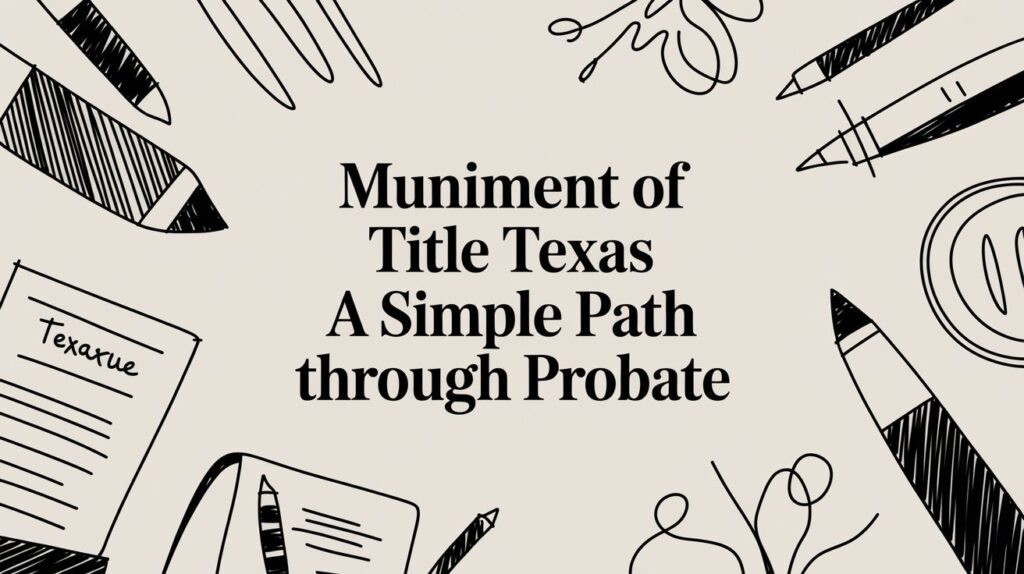Open communication about money matters is paramount in modern relationships, where love intertwines with financial considerations. It’s no secret that discussing finances can be a sensitive topic, but it’s essential for the health and longevity of any partnership. Enter prenuptial agreements (prenups) and postnuptial agreements (postnups), two legal instruments designed to facilitate financial transparency and planning in relationships, especially in the context of marriage. In Texas, where marriage is a significant milestone for many, understanding the role of prenups and postnups can be crucial for couples looking to safeguard their financial futures while nurturing their love and commitment. Let’s delve into the world of love and money, exploring how prenups and postnups can serve as invaluable tools for couples in Texas.
Prenuptial Agreements (Prenups)
A prenuptial agreement is a legal contract entered into by a couple before marriage that outlines the division of assets, liabilities, and financial responsibilities in the event of divorce or death. In Texas, prenups are governed by state law and must meet certain requirements to be legally enforceable. These agreements are particularly valuable in community property states like Texas, where marital property is typically divided equally without a prenup.
Key elements of Texas prenups include the division of property, spousal maintenance, debt allocation, and inheritance rights. Separate property includes assets acquired before marriage, gifts, and inheritances, typically retained by the original owner in the event of divorce. Prenups can specify how marital property will be divided, providing clarity and protection for both spouses.
Debt allocation is another key aspect of prenups. Prenups define which debts are considered separate or marital and how they will be divided in case of divorce. Prenups help protect spouses from assuming undue financial burdens and ensure that children or other beneficiaries receive their intended inheritance.
Benefits of Having a Prenup
Prenuptial agreements are crucial for couples entering marriage, offering financial clarity, asset protection, and peace of mind. In Texas, these agreements serve as valuable tools for couples to address financial considerations and plan their future together.
1. Financial Clarity: Prenups promote open communication about finances between partners, establishing clear expectations regarding income, assets, debts, and financial goals. This transparency fosters trust and understanding, laying a solid foundation for the marriage and future financial decisions.
2. Protecting Assets: Prenups allow individuals to protect their premarital assets, such as inheritances, businesses, investments, and real estate properties. In Texas, community property laws govern marital property division, a prenup can delineate which assets remain separate property and are not subject to division in the event of divorce.
3. Blended Families: Prenups are especially beneficial for couples with children from previous relationships, as they outline specific provisions for children’s inheritance rights, custody arrangements, and financial support obligations.
4. Business Ownership: Prenups protect business assets and interests, defining ownership rights, management roles, and succession plans.
Overall, prenups provide couples in Texas with valuable tools for proactive financial planning and risk management. However, couples must approach the process of creating a prenup with transparency, mutual respect, and the guidance of experienced legal professionals to ensure the agreement reflects their unique needs and priorities.
Common Misconceptions About Prenups
Prenuptial agreements are often misunderstood, but they are proactive financial tools that promote transparency, communication, and mutual understanding between partners. They are not unromantic or necessary for the wealthy, but they offer benefits for couples of all income levels, including safeguarding premarital assets, clarifying financial responsibilities, and addressing debt concerns.

Prenups are not permanent and inflexible, as they can be modified or supplemented through postnuptial agreements, which allow couples to adjust the terms of their prenup to reflect changes in their circumstances, financial status, or relationship dynamics over time. Postnups can also update asset allocations, revise spousal support provisions, or incorporate new estate planning goals.
The misconception that discussing or creating a prenup increases the likelihood of divorce is false. Research suggests that having a prenuptial agreement in place does not inherently predict or cause marital dissolution. Instead, prenups can strengthen marriages by promoting honest communication, addressing financial concerns early on, and establishing a framework for resolving potential disputes amicably. Prenups can help couples build stronger, more resilient relationships by clarifying expectations and responsibilities.
Postnuptial Agreements (Postnups)
Postnuptial agreements are legal documents similar to prenups that outline financial arrangements between spouses. Couples establish them after marriage to modify existing financial agreements or address issues not previously considered. In Texas, postnups serve as valuable tools for couples seeking to adjust their financial arrangements and protect their interests as their circumstances evolve.
The purpose of a postnuptial agreement is to provide clarity and certainty regarding financial matters within a marriage. Postnups offer couples the opportunity to revisit and revise these arrangements after they have tied the knot, addressing various financial issues, including the division of assets, spousal support, inheritance rights, and debt management.
Some situations where a postnuptial agreement might benefit couples in Texas include significant changes in finances, the desire to alter prenuptial terms, and addressing financial issues not considered in the prenup. These situations allow couples to adjust their financial arrangements to better align with their current needs and objectives. By providing flexibility and a legal framework, postnups help maintain financial transparency, security, and harmony in their relationship.
Legal Considerations in Texas
In Texas, prenuptial and postnuptial agreements are crucial for ensuring their enforceability and upholding the interests of both parties. To create a legally binding agreement, couples should consult a qualified family law attorney specializing in family law. This attorney can provide valuable insights, explain legal implications, and ensure that the agreement reflects the intentions of both spouses.
In Texas, there are several legal considerations to consider when creating a prenuptial or postnuptial agreement:
1. Full financial disclosure: Transparency is essential in prenuptial and postnuptial agreements, as failure to disclose assets or liabilities could invalidate the agreement and lead to future legal challenges.
2. Separate legal counsel: Although Texas law does not require it, we highly recommend that each party seeking a prenup or postnuptial agreement obtain independent legal counsel. This advocates for their interests, protects their rights, and ensures the terms negotiated are fair and equitable.
3. Voluntary agreement: Both parties must voluntarily enter into prenuptial and postnuptial agreements without facing coercion, duress, or undue influence. It is crucial that both spouses fully understand the terms and have the opportunity to review and negotiate its provisions before signing.
4. Fair and reasonable terms: Texas courts may scrutinize prenuptial and postnuptial agreements to ensure they are equitable and consider the needs and contributions of both parties.
5. Formal execution and notarization: Both parties must execute and sign prenuptial and postnuptial agreements in writing. Notarizing the agreement enhances its validity and enforceability.
Why Prenuptial & Postnuptial Agreements Matter for Your Texas Marriage
In conclusion, understanding prenuptial and postnuptial agreements is essential for couples navigating the complex interplay between love and finances in modern relationships. These agreements offer a pragmatic approach to managing assets, debts, and financial expectations, providing a sense of security and clarity for both partners. While discussing prenups and postnups may seem daunting, open communication about financial matters can strengthen trust and partnership. By proactively addressing potential financial conflicts, couples can focus on building a healthy, resilient relationship grounded in mutual respect and understanding. Ultimately, whether you choose a prenup, a postnup, or simply an open dialogue about finances, the key is to ensure that both partners feel valued and secure in their shared future.








